
TLDR: AHREXPO 2025 | Scaling Up Smart Building Design
The session with Brad White, Michael MacMahon, Dave Mulcahy, and Greg Fitzpatrick underscored the urgent need for the HVAC industry to adapt. We must evolve
Home » News & Events » Page 4
The latest news and upcoming events in building automation.

The session with Brad White, Michael MacMahon, Dave Mulcahy, and Greg Fitzpatrick underscored the urgent need for the HVAC industry to adapt. We must evolve

AutomatedBuildings.com , Mondaylive.org, March 24 slide with Links https://lnkd.in/ggwcQMYj Please thank all our sponsors for allowing us to provide you with this platform https://lnkd.in/gCamVGBd This

This week’s MondayLive! continued the March theme by shifting the focus from the readiness of buildings and technology to the readiness of the workforce. It
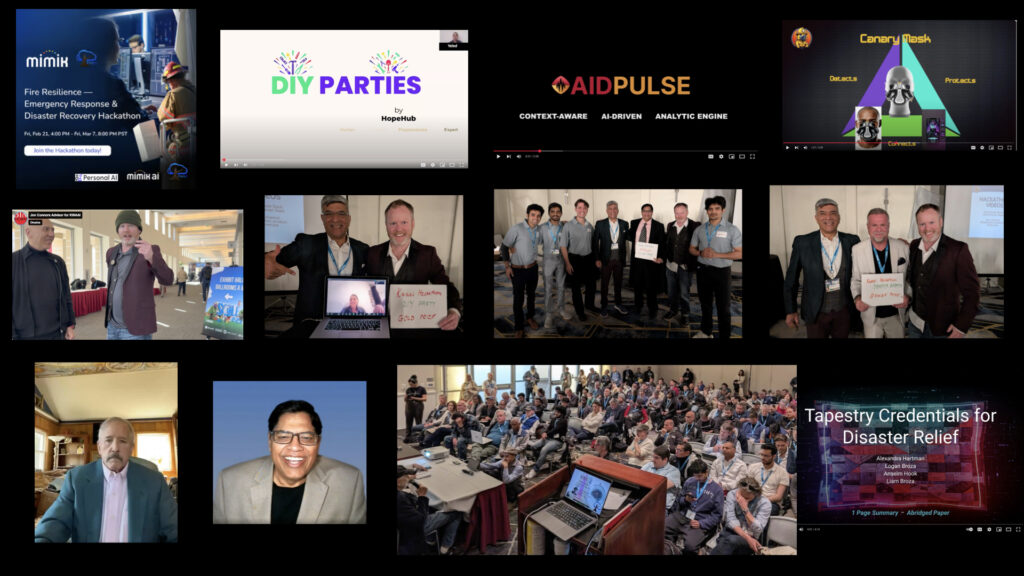
At SCaLE 22x, the impact of AI and smart infrastructure was discussed and demonstrated. In just a few weeks, teams built what would normally take
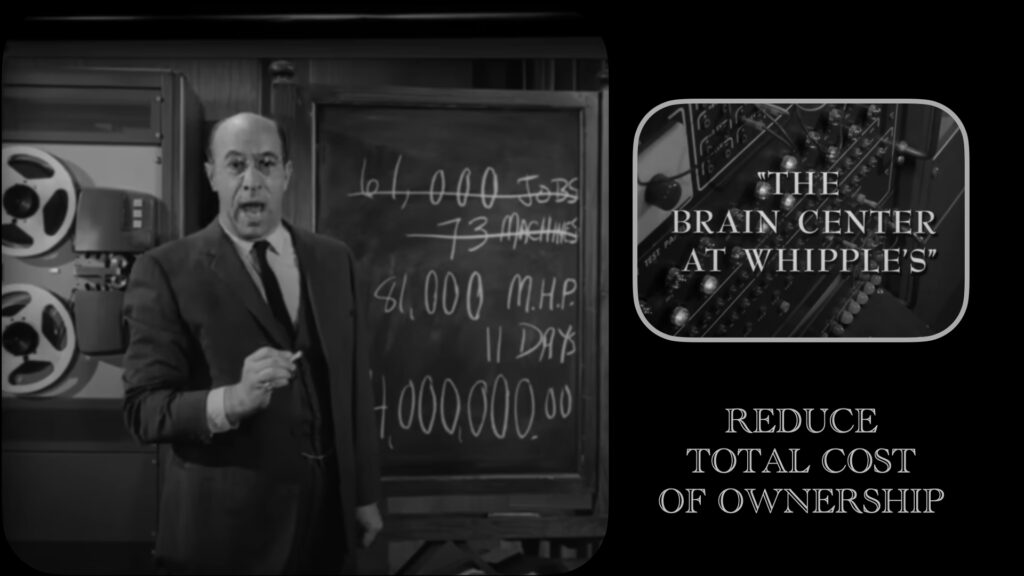
We’ve Cracked the Code on Lowering Total Cost of Ownership, Or Have We? The ultimate Total Cost of Ownership (TCO) breakthrough? Not exactly. This wasn’t
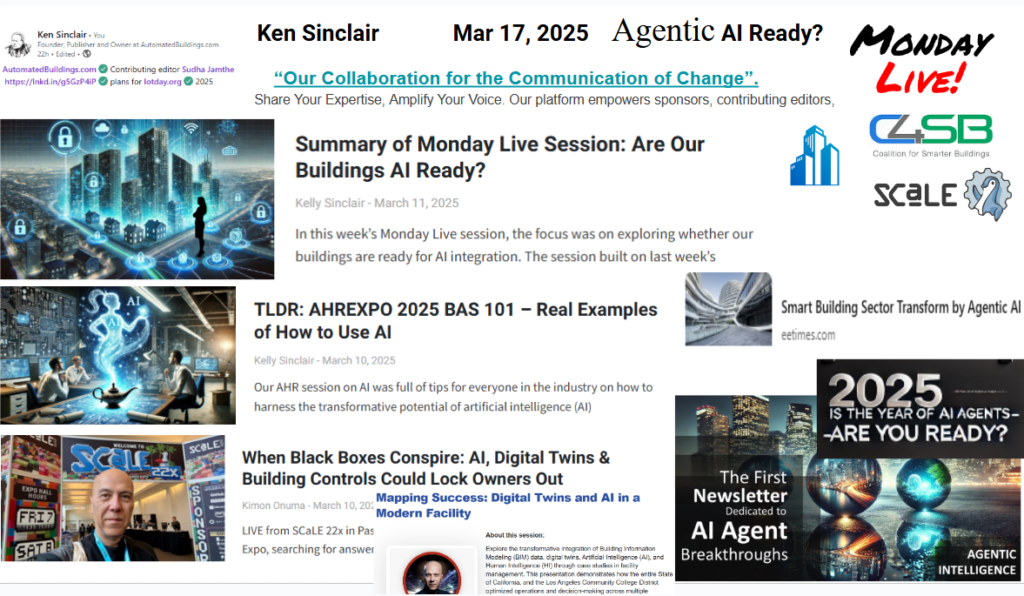
A lot is going on my slide, including this post, I can not figure out if this is the end of AB or the start
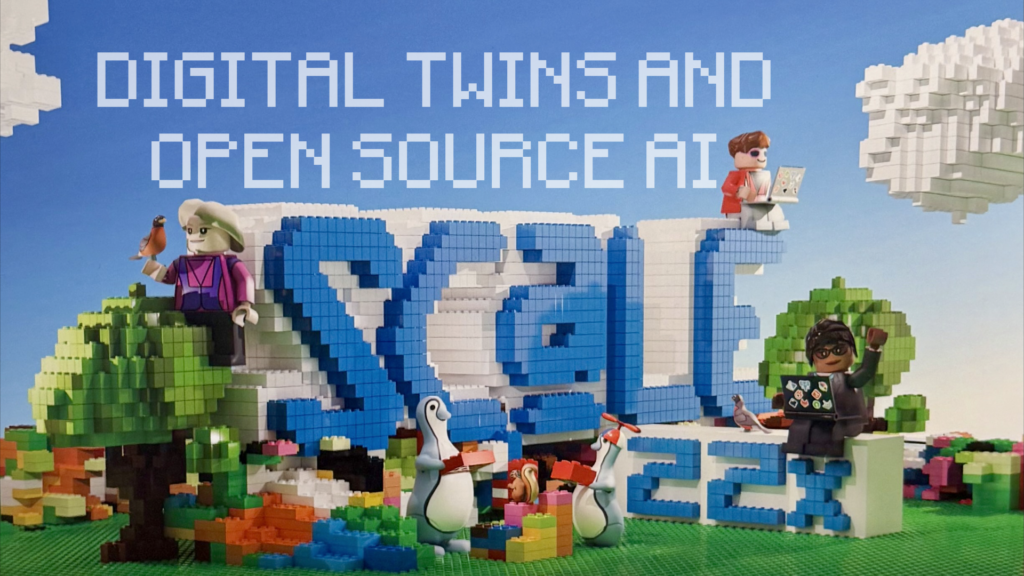
Reza Rassool on the Future of Edge Intelligence LIVE from SCaLE 22x in Pasadena, we’ve been exploring the intersection of open-source AI, digital twins, and

In this week’s Monday Live session, the focus was on exploring whether our buildings are ready for AI integration. The session built on last week’s
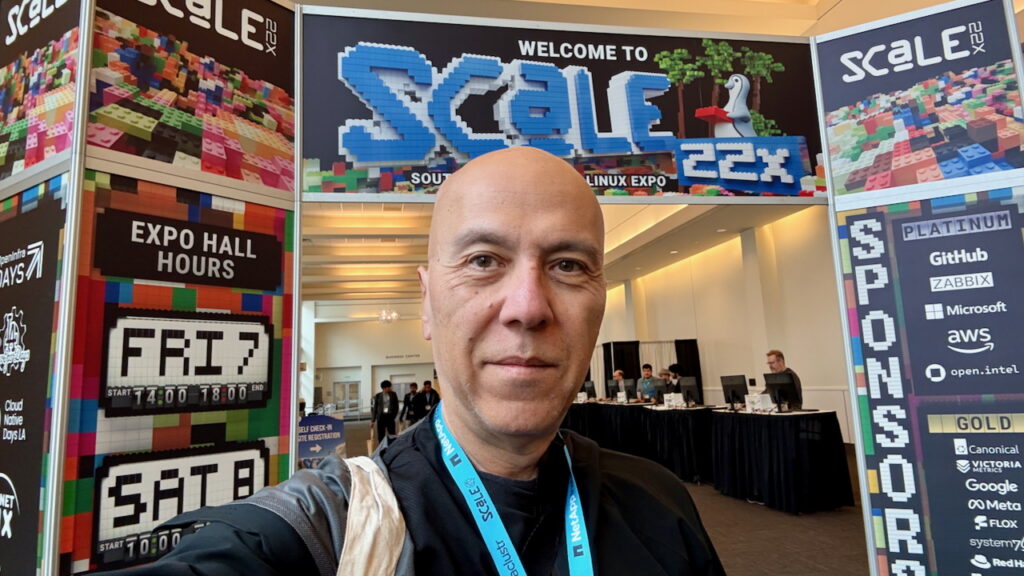
LIVE from SCaLE 22x in Pasadena! Just a few weeks ago, I was at AHR/ASHRAE Expo, searching for answers on how building controls and Digital

Our AHR session on AI was full of tips for everyone in the industry on how to harness the transformative potential of artificial intelligence (AI)

The session with Brad White, Michael MacMahon, Dave Mulcahy, and Greg Fitzpatrick underscored the urgent need for the HVAC industry to adapt. We must evolve

AutomatedBuildings.com , Mondaylive.org, March 24 slide with Links https://lnkd.in/ggwcQMYj Please thank all our sponsors for allowing us to provide you with this platform https://lnkd.in/gCamVGBd This

This week’s MondayLive! continued the March theme by shifting the focus from the readiness of buildings and technology to the readiness of the workforce. It

At SCaLE 22x, the impact of AI and smart infrastructure was discussed and demonstrated. In just a few weeks, teams built what would normally take

We’ve Cracked the Code on Lowering Total Cost of Ownership, Or Have We? The ultimate Total Cost of Ownership (TCO) breakthrough? Not exactly. This wasn’t

A lot is going on my slide, including this post, I can not figure out if this is the end of AB or the start

Reza Rassool on the Future of Edge Intelligence LIVE from SCaLE 22x in Pasadena, we’ve been exploring the intersection of open-source AI, digital twins, and

In this week’s Monday Live session, the focus was on exploring whether our buildings are ready for AI integration. The session built on last week’s

LIVE from SCaLE 22x in Pasadena! Just a few weeks ago, I was at AHR/ASHRAE Expo, searching for answers on how building controls and Digital

Our AHR session on AI was full of tips for everyone in the industry on how to harness the transformative potential of artificial intelligence (AI)
Our LinkedIn group has more than 5000 members + 24K LinkedIn connections
Email sponsors@automatedbuildings.com